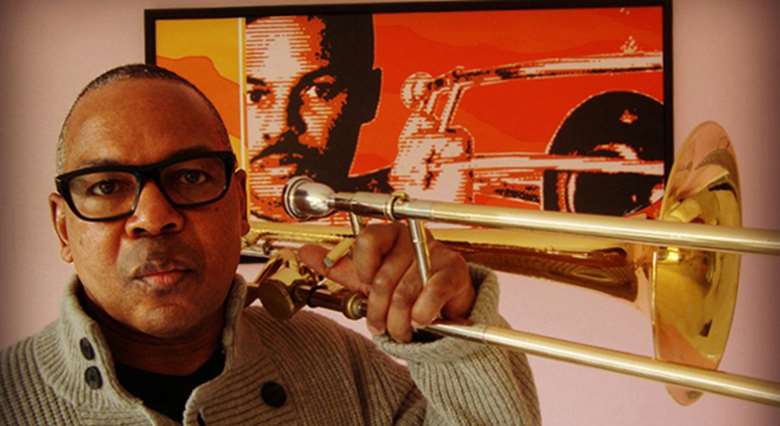An interview with Joseph Bowie: Still funking after Defunkt
Monday, April 14, 2014
Joseph Bowie comes from a St.


Register now to continue reading

Thank you for visiting Jazzwise.co.uk. Sign up for a free account today to enjoy the following benefits:
- Free access to 3 subscriber-only articles per month
- Unlimited access to our news, live reviews and artist pages
- Free email newsletter